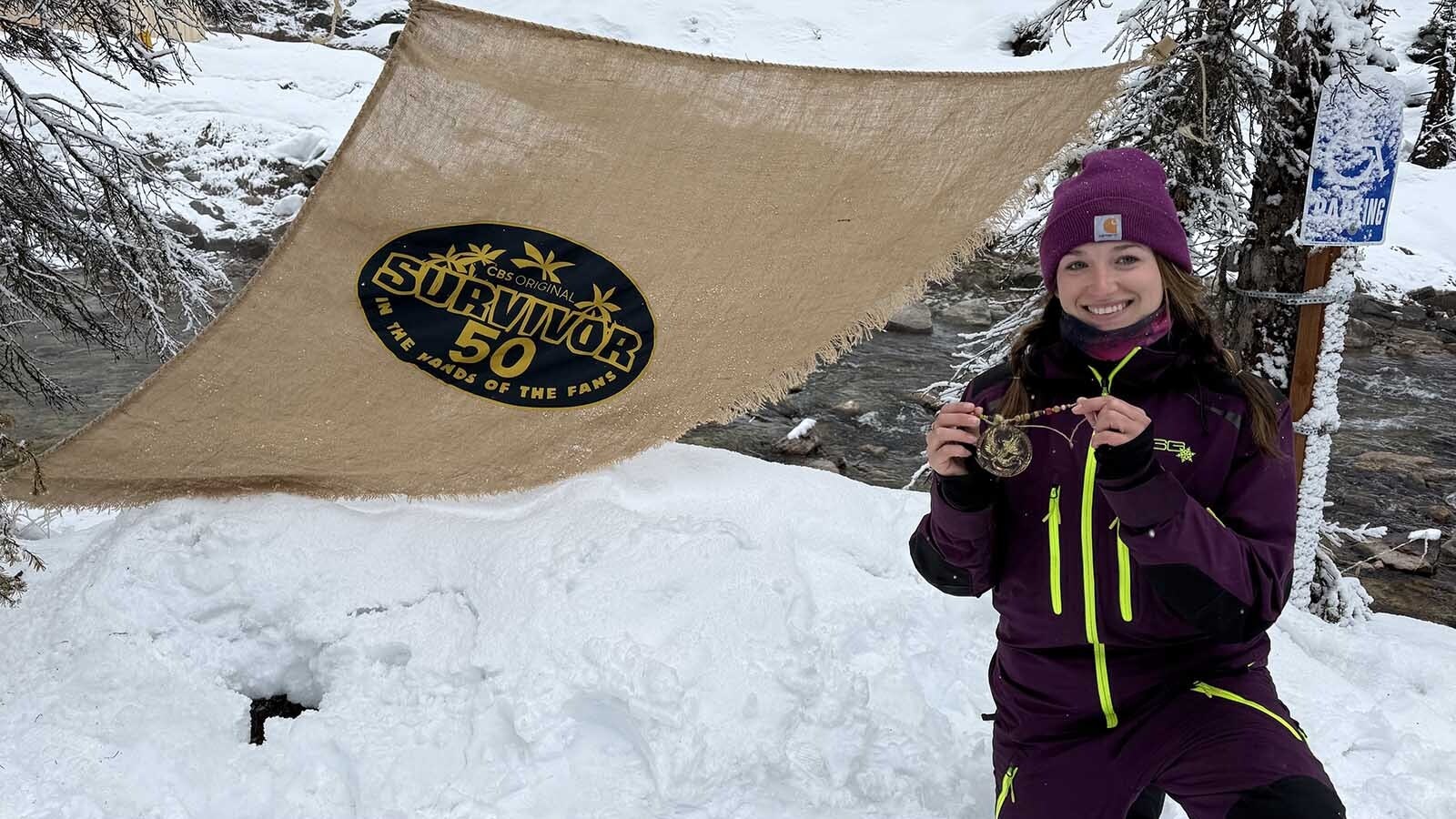WASHINGTON, D.C. — These Wyomingites rode for the brand, but this time it wasn’t on a horse. It was a Metro subway train — and it got stuck somewhere under the busy streets of the nation’s capital.
The group of young Wyoming ranchers joked about the incident and other culture shocks as they wrapped up a weeklong visit to D.C. on Friday. They had a good time, though some things about Washington they won’t miss.
“Too much concrete,” said Laramie Seymour, 33, who raises cattle and horses in Crook County and also works in agriculture lending at First Northern Bank.
Her husband told her of a colt born midweek. She was ready to go home, as was the rest of the group as they talked to Cowboy State Daily over lunch at a riverfront restaurant in the city’s bustling Georgetown neighborhood.
But some in this group — Wyoming Leadership, Education and Development (Wyoming LEAD) — might need to get used to Washington. Serving in Congress or lobbying lawmakers on Capitol Hill are very real possibilities for members of the agricultural and rural economic leadership program.
Fulfilling, Challenging
Mattie Stevenson, a third-generation cattle rancher in Jeffrey City, talked about tax policies.
Beth Butler, whose Douglas cattle ranch goes back five generations, talked about water use among different industries.
Like nearly everyone in the current, 14-member LEAD class, they found time to earn college degrees while also working the land.
“Working with family can be fulfilling and wonderful, but it can also be challenging,” said Butler, who has an advanced degree in environmental engineering.
At 24, Stevenson is the youngest member of the class. Is Congress in her future?
“I don’t know,” she said with a smile, admitting to an interest in politics.
In what might be a sign, some of the LEAD members wound up on the same flight to D.C. as Republican Rep. Harriet Hageman, Wyoming’s lone member of the U.S. House.
Whatever their futures hold, the group’s members agree on one thing: They are committed to staying in agriculture, regardless of roles they might take in government.
The future of agriculture “is in great hands in Wyoming,” said Cindy Garretson-Weibel, the longtime director of LEAD.
The program is run by the nonprofit Wyoming Agricultural Leadership Council, funded by private donations, tuition and a very small amount of public money, she said.
Politics, Culture
In Washington, the group met with Hageman and Wyoming U.S. Sens. John Barrasso and Cynthia Lummis. Also on the itinerary: attending meetings at several U.S. Department of Agriculture agencies.
They visited the National Cattlemen’s Beef Association, the lobbying group advancing cattle ranchers’ interests at the federal level. Not all of the LEAD members raise cattle, though. Marie McClaren, 29, is a fifth-generation sheepherder in Kemmerer.
Touring the city’s main government buildings and monuments, some said they walked 10 miles in one day. They saw a play at Ford’s Theatre, and enjoyed Brazilian and Peruvian restaurants.
They said they were treated hospitably but were still struck by the lack of “hellos” and ”thank yous” to which they are accustomed.
“People always seem to be in a rush,” said Butler.
Cody Alps, a Yoder cattle rancher, called Washington “a nice place to visit” — but that’s about it.
Sporting a long beard, Alps drew attention in the city. Someone even stopped him in the street to talk about it, Alps said.
It was a friendly exchange, Alps recalled. The stranger also recommended a restaurant.
Sean Barry can be reached at sean@cowboystatedaily.com.





